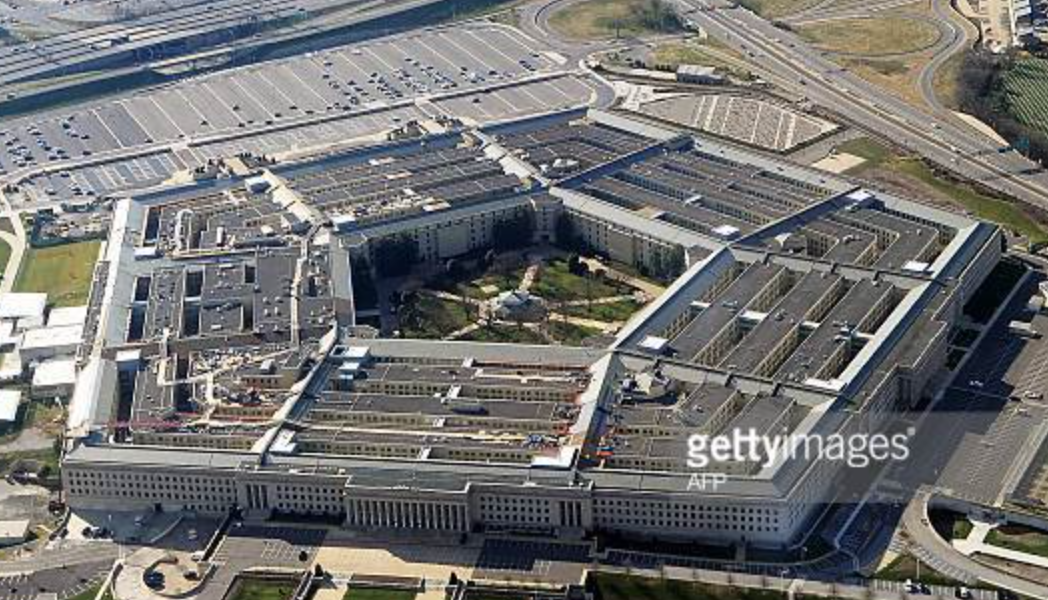
Recently, President Trump announced a policy to exclude Transgenders from the military. The President’s justification was the cost to the taxpayer of using funds budgeted for national defense to provide free sex change operations. He also emphasized the need to have the military focus their efforts on preparing for war rather than social engineering.
The policy change wasn’t exactly out of the blue. In this year’s budget there were debates in Congress over amendments that sought to exclude funding for gender re-engineering for our soldiers.
There have been reports that because of budget shortfalls airmen have resorted to cannibalizing parts from decommissioned planes to keep others flying. There have also been complaints that ever expanding requirements of sensitivity training on issues like sexual harassment was taking away from solider and pilot training in the basic disciplines of fighting and winning wars.
The Presidential orders regarding trans genders are legal or their face. Whether one believes the policy change was prudent, correct or moral, the justifications had a rational basis. It is also clear that a majority in Congress, including significant numbers of the Republican caucus, is not supportive of the change.
Under the Constitution can Congress overturn a Presidential order related to the Military? Are the President’s powers as Commander in Chief all encompassing or does Congress have a role?
The framers of the Constitution were adamant that there be Civilian Control of the military, but the power itself was intentionally diluted under the Separation of Powers Doctrine. The president’s power over the military, as Commander in Chief, is not absolute.
Under Article I, Section 8, in addition to the Power to Declare War, Congress is granted the power to “make rules for the government and regulation of the land and naval forces.” There is no doubt this would extend to the other branches of the military such as the Air Force, Marine Corp and even the contemplated Cyber Command.
The Constitution also grants Congress extensive powers over calling up, organizing and governing Militias in times of invasion or insurrection. Congress can also provide for preparing the country for war such as with conscription, the draft, and for the welfare of soldiers after returning from war such the G.I. Bill of Rights. And, of course, Congress has the power of the purse.
On the other hand Article II, section 2, states “The President shall be Commander in Chief of the Army and Navy of the United States, and of the Militia of the several states, when called into service of the United States . . .” Again there is no doubt that it was contemplated that the President be Commander in Chief of the entire military not just the Army and Navy.
The President can be as involved or uninvolved in the day-to-day operations of the military as he chooses to be. It is in his discretion. And he has the power to issue regulations to implement his command. Congress may call for war or call up the militias, but it is clear that when it comes to the conduct of military operations, it is the President who has the power under the Constitution.
A close reading of the Constitution and commentaries accompanying the adoption of the Constitution makes it clear that if a situation deals with war making such as the conduct of military campaigns, the President is the chief General and Admiral, however, if it is not directly related to conducting war, such as governing the conduct of soldiers under the Uniform Code of Military Justice, the rules and regulations of Congress take precedence.
If President Trump, in preparing for war with North Korea or China or Russia, has determined in his capacity as Commander in Chief, that transgender soldiers are not fit for duty, he is within his powers. In matters of national defense, equality, fairness, the negative impacts of discrimination historically have taken a back seat to the ability of the military to defend the nation. Lincoln’s famous question of whether he can lose the nation and still save the constitution encapsulates the issue.
That was not President’s Trump’s express reasoning, however. More accurately, he determined that dealing with and paying for the issues Transgender soldiers engender negatively impacts military readiness.
For good or bad the Constitution vests that initial determination in the President. At least in the absence of Congressional action. If Congress does act to overturn the policy, however, there could be a different result.
Lastly, is this a matter for the Courts?
Traditionally, the courts have stayed out of Constitutional conflicts between the President and the Congress concerning War and the Military as long as the civilian population is not involved. And certainly nowhere in the Constitution is it contemplated that civilian administration of Military extends to the courts. The courts have correctly understood they do not have the competence to make military determinations. Whether that will hold given the activism of the current federal judiciary remains to be seen.